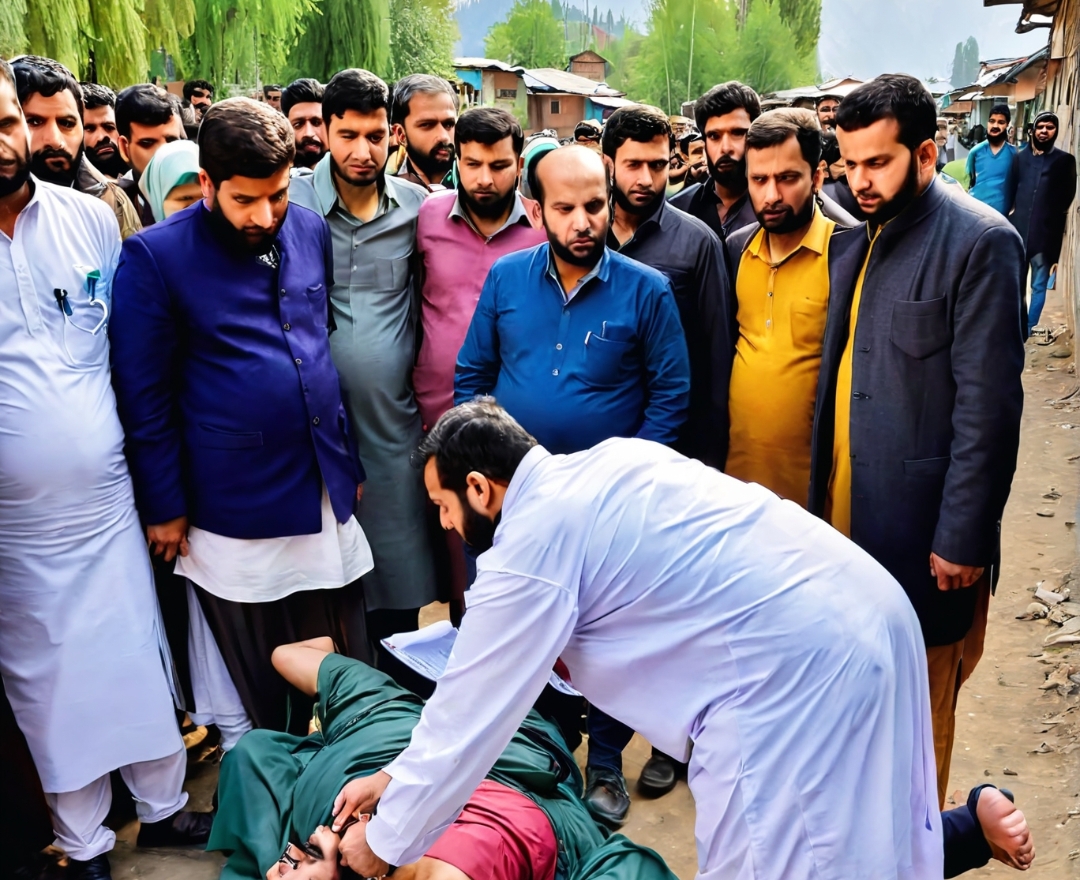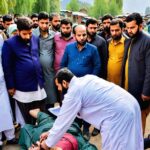Doctors and Health Workers Deserve Better: A Call for Respect and Proper Treatment During Election Duty
The recent elections were a pivotal moment in our democratic process, but for many doctors and health workers who were tasked with election duties, the experience was far from positive. These dedicated professionals, who routinely put their own well-being on the line to care for others, faced a day of disrespect and neglect that highlighted a significant issue in the way we treat our essential workers.
The Day of Election Duty: A Test of Endurance
Election duty began early for doctors and health workers, with many reporting for their assignments as early as 6 a.m. They were prepared for a long day, committed to ensuring that the election process ran smoothly. However, the reality of their experience was a stark contrast to their expectations.
Lack of Basic Amenities
One of the most glaring issues was the lack of basic amenities. Throughout the day, these professionals were not provided with chairs to sit on, forcing them to stand for hours on end. This is a small but crucial detail that speaks volumes about the lack of consideration for their comfort and well-being.
No Breaks for Food and Rest
Adding to the physical strain was the absence of any provision for food or beverages. From morning until the end of their duty at 7 p.m., many doctors and health workers were not given the opportunity to have a proper meal or even a cup of tea. This lack of basic hospitality is not only disrespectful but also detrimental to their health and ability to perform their duties effectively.
Lack of Respect and Acknowledgment
Perhaps the most disheartening aspect of their experience was the lack of respect they received. Despite their crucial role in both healthcare and the election process, doctors and health workers were treated with indifference, if not outright disrespect. This disregard for their contributions is unacceptable and underscores a deeper issue of how we value (or fail to value) those who serve our communities in essential roles.
The Impact on Health Workers
The negative treatment experienced by doctors and health workers during election duty has far-reaching implications. Not only does it affect their morale, but it also raises concerns about their overall well-being and job satisfaction. Here are some of the key impacts:
Physical Strain and Fatigue
Standing for long periods without breaks can lead to significant physical strain and fatigue. This is particularly concerning for health workers who need to maintain their physical stamina to perform their regular duties effectively.
Mental and Emotional Stress
The lack of respect and basic amenities contributes to mental and emotional stress. Health workers already face high levels of stress due to the nature of their jobs, and additional mistreatment can exacerbate this, potentially leading to burnout.
Decreased Job Satisfaction
Experiencing such neglect and disrespect can decrease job satisfaction and affect the overall morale of health workers. When essential workers feel undervalued, it can impact their performance and their willingness to go above and beyond in their roles.
A Call to Action: Respect and Proper Treatment for Essential Workers
The experience of doctors and health workers during the recent elections is a wake-up call that demands immediate action. It is imperative that we reassess how we treat our essential workers, especially in situations where they are asked to perform duties outside their usual roles. Here are some steps that can be taken to address these issues:
1. Provision of Basic Amenities
Ensuring that health workers have access to basic amenities such as chairs, food, and beverages during long duty hours is the bare minimum that should be provided. This shows respect for their time and acknowledges their need for rest and nourishment.
2. Scheduled Breaks
Implementing scheduled breaks for health workers during long duty periods is crucial. These breaks allow them to rest, eat, and recharge, ensuring they can perform their duties effectively without compromising their health.
3. Respect and Recognition
It is essential to foster a culture of respect and recognition for health workers. This can be achieved through training and awareness programs for election officials and other stakeholders involved in organizing such events. Recognizing the contributions of health workers and treating them with the respect they deserve should be a priority.
4. Advocacy and Policy Changes
Healthcare organizations, unions, and professional bodies need to advocate for better treatment and working conditions for health workers. This can include lobbying for policy changes that mandate proper facilities and respect for health workers during election duties and other similar assignments.
Conclusion: A Commitment to Better Treatment
The treatment of doctors and health workers during the recent elections was unacceptable and highlighted significant gaps in how we support our essential workers. These professionals dedicate their lives to caring for others, and it is our collective responsibility to ensure they are treated with the respect and dignity they deserve, especially when they step up to serve in additional capacities such as election duty.
As we reflect on the events of the recent elections, let us commit to making meaningful changes. By providing basic amenities, ensuring scheduled breaks, fostering a culture of respect, and advocating for policy changes, we can create a more supportive environment for our essential workers. In doing so, we not only honor their contributions but also strengthen the foundation of our healthcare system and our society as a whole.
Let this be a turning point where we recognize and rectify the treatment of our health workers, ensuring they receive the respect, support, and care they so rightly deserve.
















